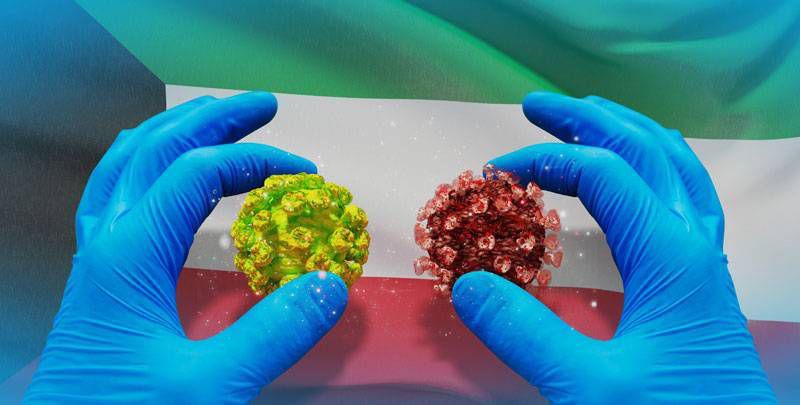Kuwait / London
21 October 2021
The Government of Kuwait (GoK) must take advantage of the current climate of political reform to change its longstanding policy of marginalising the country’s stateless Bidun community, whom they call ‘illegal residents’.
Rather than continuing to exclude and marginalise the stateless Bidun community in respect to access to Covid-19 vaccination and treatment for infection, the government must adopt an inclusive, public health and rights-based approach as a first step towards treating the stateless as equal members of the wider Kuwaiti community and citizenry.
It is imperative for the GoK to adhere to the I Belong campaign led by the United Nations High Commission for Refugees (UNHCR) in order to end statelessness and end the wholly disproportionate impact of Covid-19 on the stateless Bidun.
Decades-long, state efforts asserting that members of the community have ‘concealed’ nationalities have repeatedly failed: state-led efforts directing stateless residents to obtain passports from Latin American states in the late 1990s and early 2000s, followed by Comoros Islands’ economic passports from around 2010 onward have only created ‘Bidun-of-the-Bidun’.
Salam for Democracy and Human Rights (SALAM DHR) has joined the Global COVID19 Consortium coordinated by the Institute on Statelessness and Inclusion. As a recipient and partner organisation of the COVID-19 Emergency Statelessness Fund (CESF), SALAM DHR is using the experience of consortium partners to inform the development of a roadmap for action on the impact of Covid-19 on Kuwait’s stateless Bidun community. It seeks (1) to identify institutional blind spots; (2) consult and engage in dialogue in order to make clear, positive recommendations to the GoK and the international community so that they (3) build back better.
SALAM DHR is currently circulating, in English and Arabic, a survey, whose findings have informed the first consultation, held via Zoom, with activists and other Bidun, Kuwaiti and other participants, on 20 October 2021. This meeting introduced the objectives of the CESF project to a range of stateless and other activists; partner Hawiati, the MENA Statelessness Network, provided an overview of regional experiences while a Kuwaiti lawyer and member of the Kuwait Bar Association provided insights about initiatives aimed at changing the stateless Bidun community’s legal status. SALAM DHR campaigners explored participants’ aspirations, expectations and abilities to join advocacy initiatives.Other such initiatives will shape the forthcoming report and national and international advocacy initiatives which, with the input of the Consortium and CESF, will seek to change government policy.
Our aim is to improve health outcomes for the stateless Bidun community, disproportionately impacted during the Covid-19 pandemic, but also help end the inhumane and undignified GoK policy of unfairly depriving, scores of thousands of its neighbours, family and residents of citizenship for over four decades.


 العربية
العربية Français
Français Deutsch
Deutsch